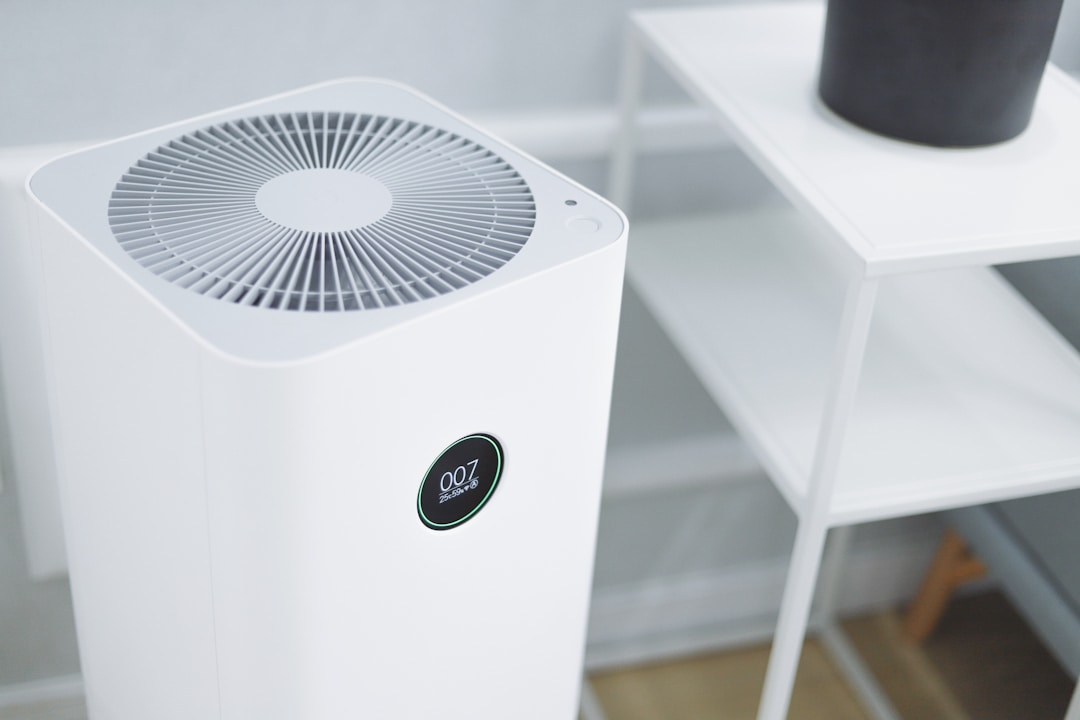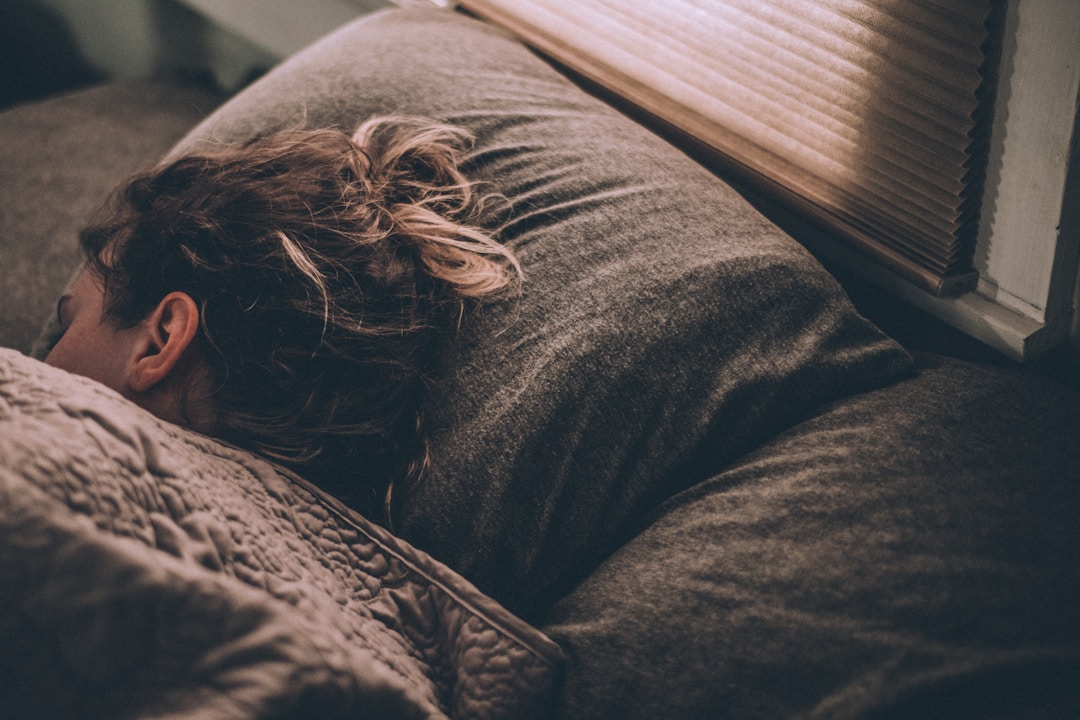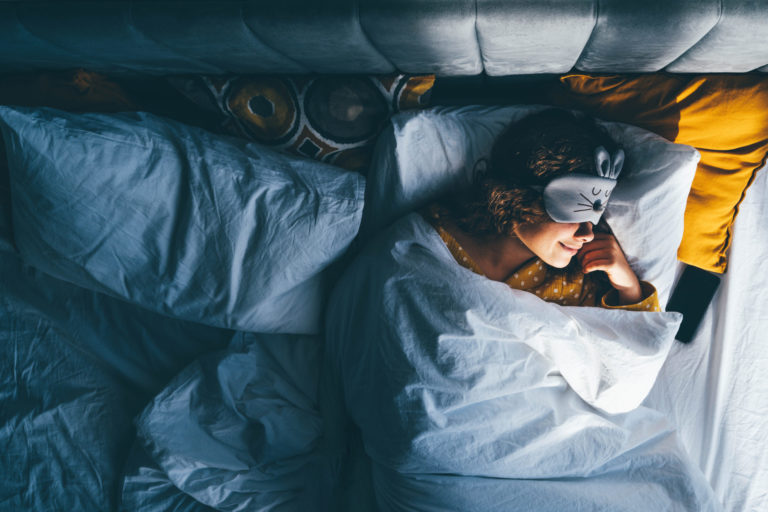Many of us underestimate the importance of a good night’s sleep, but the reality is that sleep quality can have a major impact on your comfort and wellness. Figuring out why you aren’t getting enough sleep can be difficult, but there are some common causes that you should consider. Believe it or not, your home’s heating, ventilation, and air conditioning system can be a cause for diminished sleep quality or lack of sleep generally. If you aren’t sure whether or not your HVAC is keeping you up, read on for some signs that your HVAC system affects your overall quality of sleep.
How can your HVAC system affect your sleep quality?

Many homeowners don’t realize it, but your HVAC system affects the quality of sleep you get in several different ways. One of the most common indicators of a malfunctioning HVAC system is inconsistent temperatures indoors. This can cause discomfort for anyone who prefers a specific temperature, especially at night. You can also experience improper humidity levels, which can create incredibly stuffy conditions inside. Loud noises are another uniquely disruptive sign of trouble, which a technician can likely identify the source of.
Air quality is also an essential component of proper sleep, and your HVAC is one of your first lines of defense. Whether it’s dirt, dust, pollen, pet dander, or some other pollutant, contaminants in the air can cause problems particularly for allergy sufferers and those with some form of respiratory disease, like asthma. Poor indoor air quality can also cause or worsen a number of health conditions on its own, so it’s necessary for every homeowner to prioritize the quality of their indoor air.
If you aren’t sure how to maintain your HVAC system, you should reach out to the company that installed it for more information. Generally, you should have your HVAC unit inspected at least once annually. The filter should also be changed at least every 90 days. Anyone experiencing frequent issues with a unit that is over 10 years old may need to consider a replacement.
What are some signs that you’re not getting enough sleep?

There are several warning signs that you aren’t getting enough sleep at night that you should keep an eye out for. An increase in breakouts or the development of acne can be one indication of a lack of sleep. You may also notice redness, irritation, and the presence of dark circles under your eyes. Studies even show that those who are consistently sleep-deprived develop more wrinkles and lines.
A full night of sleep helps your body regulate hormones like ghrelin and leptin, which control how hungry you feel. If you aren’t receiving enough of them, you will often feel an urge to eat more than is necessary, which can cause weight gain. You may also be more likely to opt for unhealthy snacks and junk food.
Sleep also plays an important role in our mental health. Poor sleep has been demonstrated to increase moodiness, anger, and stress. Your focus and memory will also worsen if you haven’t gotten quality sleep. Even depression can be connected to lack of sleep, in addition to creating a self-perpetuating cycle, as depression can also lead to poor sleep.
If you’re experiencing symptoms of sleep deprivation or lack of sleep, it’s a good idea to look for the cause of your problems as soon as possible. The compounding effects of not sleeping enough can cause a variety of medical issues, in addition to affecting your mental health. Poor skin, dark circles under the eyes, and problems with memory and concentration can be red flags that there is an issue with your sleep quality. While there are many possible environmental factors that could be affecting your sleep, it’s worth having a technician come and inspect your HVAC unit if you notice any signs of disrepair.




